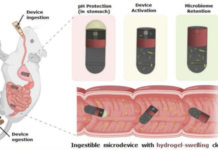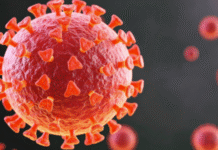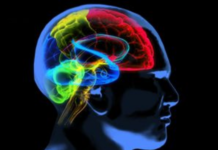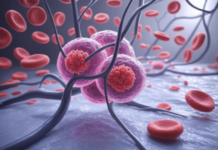New Delhi– A new study from Stanford University suggests that how a person’s blood sugar responds to carbohydrates could reveal critical insights into their metabolic health—and may help identify early signs of prediabetes.
Published in Nature Medicine, the research highlights that individual differences in post-meal blood sugar spikes are linked to key metabolic issues such as insulin resistance and beta cell dysfunction, both of which are known precursors to type 2 diabetes.
“This study shows not only that prediabetes has subtypes, but also that those subtypes may determine which foods are beneficial or harmful to each individual,” said Dr. Michael Snyder, Professor of Genetics at Stanford Medicine.
The study monitored 55 participants with no prior diagnosis of type 2 diabetes. Researchers conducted in-depth metabolic assessments, testing for insulin resistance and beta cell function, alongside multi-omics profiling. This included evaluating triglyceride levels, blood metabolites, liver function markers, and gut microbiome data.
Of the 55 participants, 26 were found to have prediabetes. Interestingly, many participants—regardless of metabolic health—showed significant blood sugar spikes after consuming common carbohydrate-rich foods like rice and grapes.
However, reactions to other foods, such as those rich in resistant starch (e.g., potatoes and pasta), varied based on an individual’s metabolic profile. For example, participants who experienced sharp glucose spikes after eating bread were more likely to have high blood pressure.
One of the study’s notable findings was that comparing glucose responses to potatoes versus grapes could serve as a potential real-world biomarker for insulin resistance.
“This kind of marker would be especially valuable, as insulin resistance is treatable through lifestyle changes and medication,” said Dr. Tracey McLaughlin, Professor of Endocrinology at Stanford. “Currently, there’s no easy, routine method to diagnose it in clinical settings.”
The study also explored dietary strategies to moderate glucose spikes. Consuming fiber or protein before eating rice helped reduce the spike, while eating fat beforehand delayed the glucose peak. However, these benefits were seen only in participants who were metabolically healthy, with normal insulin sensitivity or beta cell function.
The researchers emphasized the need for further studies to better understand these food-specific responses and to develop personalized dietary recommendations aimed at preventing diabetes. (Source: IANS)













